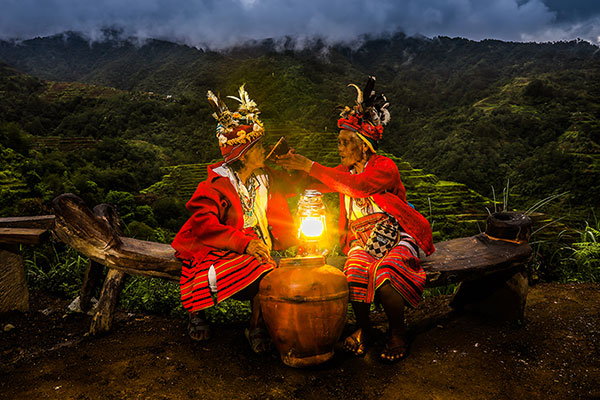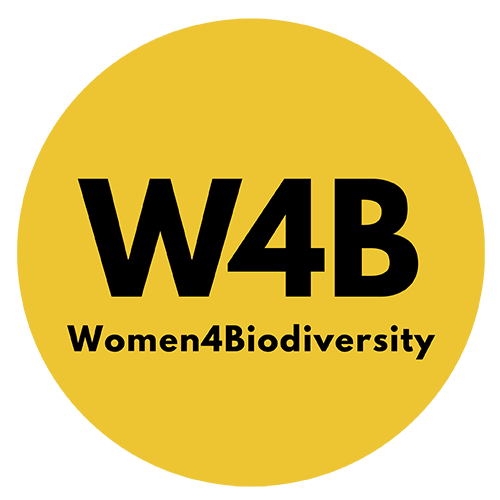This World Oceans Day, we stand with the communities whose lives are tied to the tides. From coastal women fishers to indigenous communities, those closest to the ocean are facing the harshest impacts of biodiversity loss and climate breakdown.
Women are often the primary gatherers of marine resources yet their knowledge, rights, and labour remain invisible in policy and conservation efforts. As fish stocks collapse and coastlines retreat, women’s workloads increases, and their economic stability weakens. Ocean biodiversity loss is not just an environmental issue, it is a human rights issue.
In her latest report, “The Ocean and Human Rights,” Astrid Puentes Riaño, UN Special Rapporteur on the right to a clean, healthy, and sustainable environment, affirms that,
- Protecting the ocean means protecting people.
- Ocean degradation violates the human rights of those who depend on it most.
- Gender, equity, and cultural survival must be at the centre of global actions for ocean.
Based on this report, Mrinalini Rai, Founder and Director of Women4Biodiversity, advocates for centering justice, equity, indigenous groups’ and women’s rights in ocean conservation. 📖 Read the full article here.
As we look ahead to the 2025 UN Ocean Conference, taking place from 9 to 13 June 2025 in Nice, France, we hope that the leaders will act inclusively. Co-hosted by the Governments of France and Costa Rica, the conference is a vital moment to elevate community voices, defend indigenous and women’s rights into ocean governance.
“Loss of biodiversity and the degradation of the ocean threaten not only the physical environment but also the cultural rights of indigenous communities. Women, especially in coastal and indigenous communities, often bear the brunt of the ocean’s deterioration.”
Mrinalini RaiFounder and Director, Women4Biodiversity







